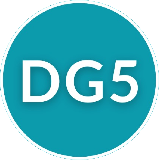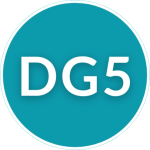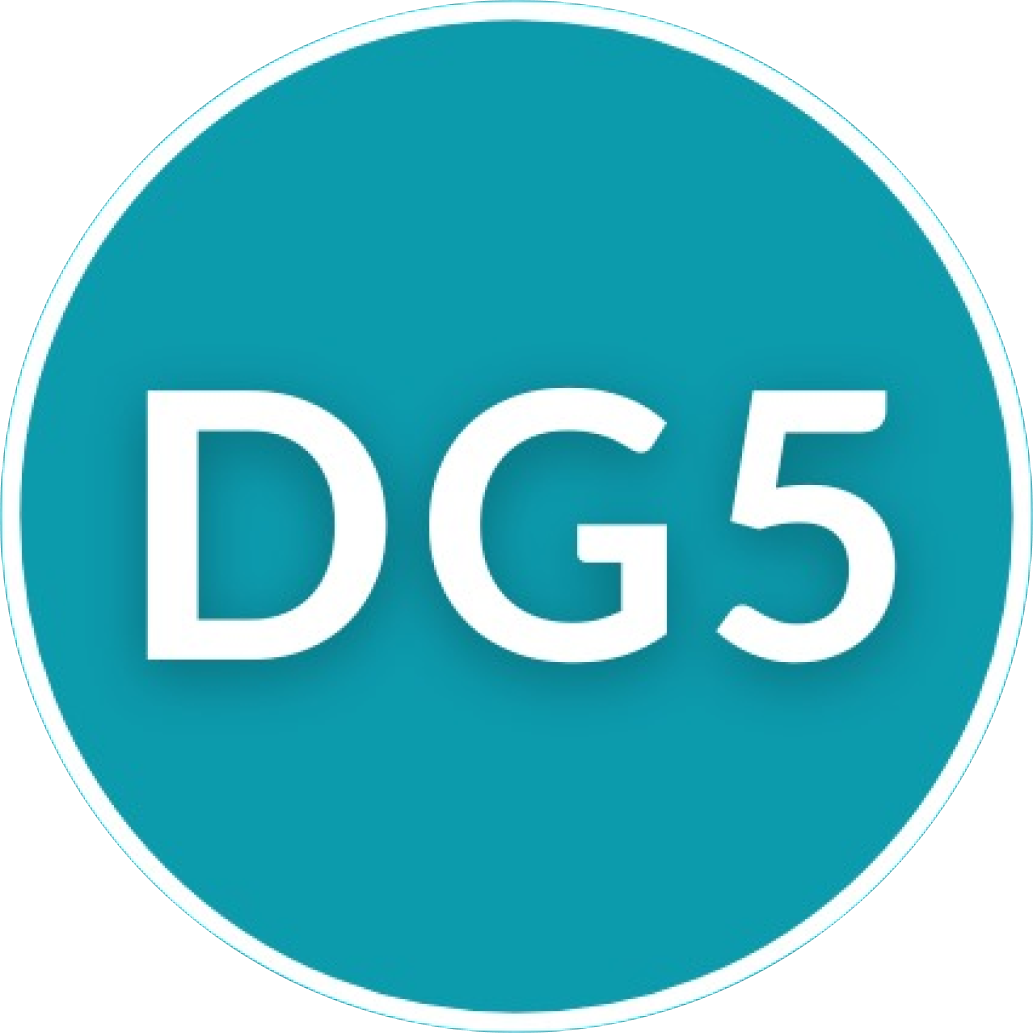
How to Create a Winning Digital Marketing Plan for Your Hotel
In the fiercely competitive hospitality industry, a well-structured digital marketing plan is essential to attract guests, increase bookings, and build a strong brand presence. With an effective strategy, your hotel can stand out and connect with the right audience. Here's a step-by-step guide to creating a winning digital marketing plan that will maximize your hotel’s online success.
1. Identify Your Target Audience: Know Your Guests
Before diving into marketing tactics, it's crucial to understand who your ideal guests are. This is where creating guest personas comes into play. Guest personas help you define and visualize the characteristics, preferences, and behaviors of your potential customers.
Ask yourself:
What are their age, income, and occupation?
Do they travel solo, with family, or in groups?
What are their interests and hobbies?
What social platforms do they prefer?
How tech-savvy are they?
Example:
If your target audience includes millennials, focus on Instagram and TikTok. Highlight experiences like local adventures, unique stays, or eco-friendly practices.
2. Define Clear and Measurable Goals
Your digital marketing goals should align with your hotel’s broader business objectives.
Example of a Business Goal:
Increase bookings by 20% over the next year.
Digital Marketing Goals to Support This:
Double Instagram followers to attract millennials.
Increase website traffic by 50% through SEO and content marketing.
Grow your email subscriber list by 30% for retargeting campaigns.
Having clear goals helps you stay focused and measure the success of your efforts.
3. Build a Strong Website as Your Foundation
Your hotel’s website is your most important digital asset. It must be:
User-Friendly: Easy navigation, fast loading speed, and mobile responsiveness are non-negotiable.
Visually Appealing: Use high-quality photos and videos to showcase rooms, amenities, and experiences.
SEO-Optimized: Implement local SEO strategies to rank higher in search results for queries like "best hotels in [location]."
4. Leverage Social Media for Engagement
Social media is a powerful tool to attract, engage, and retain customers.
Best Practices for Hotels on Social Media:
Share Stunning Visuals: Post high-quality photos of your property, local attractions, and unique experiences.
Use Stories and Reels: Showcase behind-the-scenes content, guest testimonials, and property tours.
Engage with Followers: Respond to comments and DMs promptly. Run polls or Q&A sessions to interact with your audience.
Collaborate with Influencers: Partner with travel influencers to promote your hotel to their followers.
Example:
A boutique hotel in Bali increased bookings by 30% by working with Instagram influencers who shared their stay experience.
5. Harness the Power of Content Marketing
Content marketing is an excellent way to establish authority and attract organic traffic.
Ideas for Content Creation:
Write blog posts about travel tips, nearby attractions, or seasonal events.
Create guides such as “Top 10 Things to Do Near [Your Hotel].”
Share guest stories or testimonials to build trust and credibility.
Example:
A blog titled “The Ultimate Weekend Getaway in [Your City]” can rank well for local travel queries and drive potential guests to your website.
6. Optimize Online Reviews and Reputation Management
Reviews play a significant role in a guest's decision-making process.
Tips for Managing Reviews:
Monitor platforms like Google, TripAdvisor, and Yelp.
Respond to reviews—positive and negative—politely and professionally.
Encourage satisfied guests to leave reviews after their stay.
Stat: Hotels with a 4.5-star rating or higher see 25% more bookings than their competitors.
7. Use Paid Advertising Strategically
Paid ads can help your hotel reach a wider audience and achieve quick results.
Effective Channels:
Google Hotel Ads: Capture searchers looking for hotels in your area.
Facebook and Instagram Ads: Target specific demographics based on interests and behaviors.
Retargeting Campaigns: Show ads to users who visited your website but didn’t book.
8. Implement Local SEO for Better Visibility
Local SEO ensures your hotel appears in location-based searches.
How to Optimize for Local SEO:
Add your hotel to Google Business Profile with accurate details.
Use location-specific keywords like "luxury hotel in [city]" throughout your website.
Encourage guests to leave reviews on Google.
Key Statistics to Convince You
81% of travelers research their trips online before booking.
75% of consumers judge a business’s credibility by its website design.
Hotels that optimize their Google Business Profile see a 30% increase in bookings.
Social media posts with videos get 48% more engagement than static posts.
Properties with active review management see 20% higher revenue.
Final Thoughts
Creating a digital marketing plan for your hotel is not just about visibility—it’s about building trust, engaging your audience, and driving conversions. Whether it’s through content marketing, social media, or SEO, each step brings you closer to your ideal guests.
Call-to-Action:
Ready to transform your hotel’s digital presence? Let’s create a tailored digital marketing strategy that puts your property in the spotlight. Contact us today and let’s get started!

DG5 Consultants Ltd
Leave a comment
Your email address will not be published. Required fields are marked *


